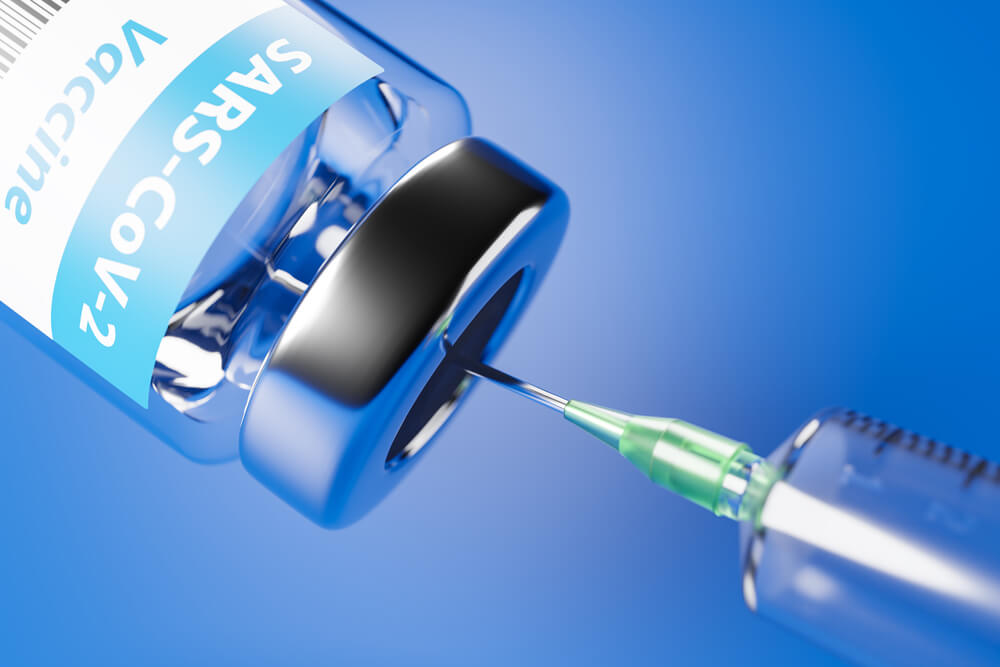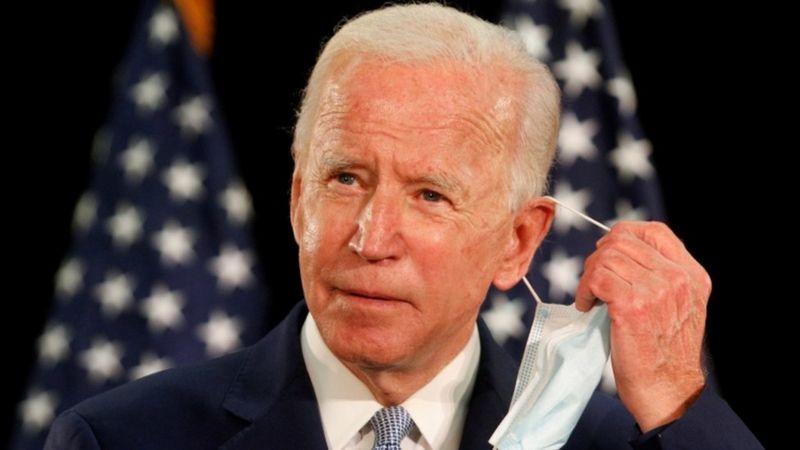General Update / Random Facts
Today, I'm going to take it a little easy -- Thanksgiving and all that. I realize we're about to enter a really rough patch over the next two or three months, after which I expect we will all learn a lot more about this pandemic. I'm a little distressed that there still remain some who just don't get it. It's a shrinking minority, but still there, and still helping the virus to spread. We only need enough of us to get R(t) < 1.000 in order to protect more American lives.
So today, I'm going to hit you with a whole bunch of random facts that you either don't already know, or you may need a reminder.
But first, recent happenings ...
General Update
The good news is that new cases are trying to slow down. I'm not sure if it's a testing ceiling or the result of partial lockdowns in several states, but it could be a good development. Even active cases are trying to slow down. Hopefully it's not just a Thanksgiving Day lull in reporting ... we'll find out in a few days.
Cases per capita over the last 7 days:
- 5 worst states = North Dakota, Wyoming, New Mexico, Montana, South Dakota.
- 5 best states = Hawaii, Vermont, Maine, New Hampshire, South Carolina.
- My state: North Carolina is 8th from the best -- so, yay! My county of Forsyth is no longer in the top 20 in the state for cases.
Deaths per capita over the last 7 days:
- 5 worst states = South Dakota, North Dakota, Montana, New Mexico, Nebraska.
- 5 best states = Vermont, New Hampshire, Hawaii, California, Maine
- The US is in 7th place for total deaths per capita, and it looks like we'll remain there for a while. Belgium is #1 with 0.14% of their entire population dead.
Random Facts
Okay -- so here we go -- random facts for your enlightenment -- in no particular order.
- The Pfizer vaccine comes in 2 doses three weeks apart, and it could make you sick for a few days.
- It will take months to fully distribute the vaccines, but we could have the virus fully under control by May.
- The first three vaccines very close to being finished are use completely different methods to fight the virus -- each ingenious ideas and effective. It won't matter which one we take, and all three (and more) will be welcome.
- The election is over and the virus is still here.
- The IMF has projected GDP growth for all countries for 2020. Here is a list of the countries I've been following, and their GDP growth:
- China = +1.9%
- South Korea = -1.9%
- US = -4.3%
- Sweden = -4.7%
- Japan = -5.3%
- Brazil = -5.8%
- Germany = -6.0%
- New Zealand = -6.1%
- Belgium = -8.3%
- UK = -9.8%
- India = -10.3%
- Italy = -10.6%
- Spain = -12.8%
- Peru = -13.9%
- So far, 36 US congressmen have tested positive for the coronavirus. Out of the Senate, all 8 are Republican. Out of the House, 18 are Republican, and 10 are Democrat.
- Trump was praised in April for saving thousands if not millions of lives. At the end of April, we were up to 65,266 deaths. Since then we have had over 205,000 more deaths.
- In another two weeks, our average daily death counts will pass our earlier peek in April.
- About 20% of those who catch the virus experience adverse effects for months after recovering ... in some cases, people report feeling sicker than when they actually had the virus. This is called "Long Covid" or "Covid Long Hauler."
- Sweden actually did institute some restrictions including:
- Banning public gatherings with 50 or more people.
- Recommending smaller gatherings to use risk assessments and institute mitigation methods.
- Encouraging social distancing -- working from home, etc.
- Moving secondary schools and colleges to remote learning (but not primary schools).
- Also -- earlier this week, Sweden increased their restrictions: no more than 8 allowed in public gatherings.
- The United States is the only "rich" country that has yet to get active cases down near zero. Other countries have gotten their cases to low levels before suffering resurgences.
- Only four states have deaths per capita lower than the world average: Vermont, Maine, Alaska, Hawaii.
- The virus doesn't care about the purpose of any meetings, any righteous convictions, or bravery. It kills indiscriminately.
- There is no evidence that any country has reached herd immunity. Though some cities may have obtained this. The 20% threshold theory has been proven to be incorrect.
- As of 10/3/2020, the US has had almost 300,000 excess deaths for 2020. Yet, some people still say that US excess deaths are low for the year. This is because they're comparing a 3Q number and projecting linearly to get a low yearly number without realizing that by far deaths tend to be highest during 4Q.
- One estimate has that over 30% of the US population have contracted the virus -- much higher than the "official" 4%.
I hope you enjoy these. I'll be back with more next week.




